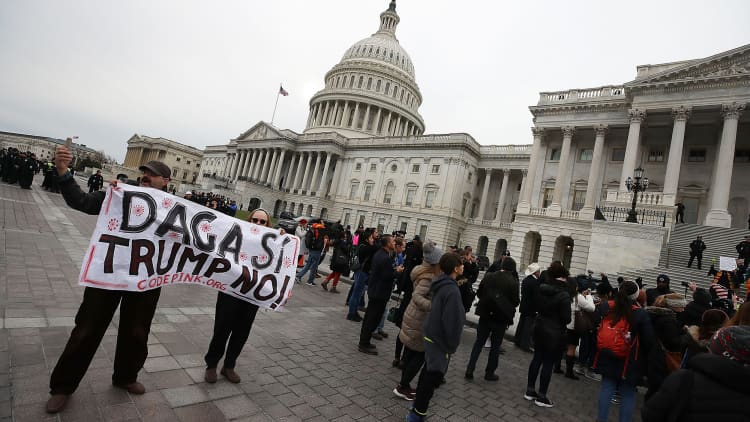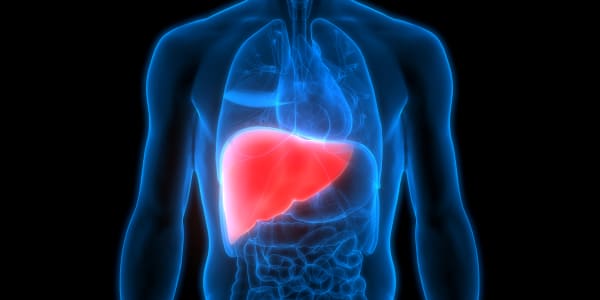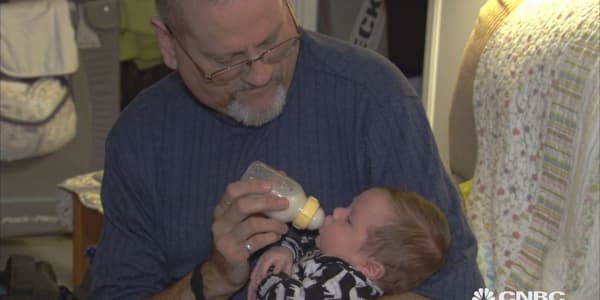
With the government shutdown officially taking effect after midnight on Friday— with Democrats and Republicans pointing fingers at each other — most Americans are focusing on the political factors at play. Yet a shutdown could have serious consequences for several of the most important national health agencies, particularly if it drags on for long.
The Department of Health and Human Services is furloughing just over half of its employees. The HHS contingency staffing plan includes 40,959 employees stopping work, while 40,956 continue.
The Centers for Disease Control and Prevention is sending 63 percent of its 13,600-employee staff home. This, during the height of flu season: The CDC reports that every state but Hawaii and the District of Columbia has suffered widespread flu outbreaks, and officials worry about what may happen without this testing.
On Saturday, White House Budget Director Mike Mulvaney told reporters that the CDC will now keep its influenza monitoring program up and running through the shutdown.
Tom Frieden, director of the CDC during the 2013 government shutdown, said recently that he "really couldn't do my job as CDC director of keeping Americans safe, because more than 8,500 of my staffers had been told to go home, and they do important things that protect Americans."
Frieden told STAT News that the agency made him feel like he was "in a science fiction movie. CDC was deserted."
The Food and Drug Administration is expected to retain about 58 percent of its staff. During the 2013 shutdown, FDA inspectors gave up their work phones and couldn't check emails. Because FDA inspectors only audit facilities, food production continued in 2013.
U.S. Department of Agriculture meat inspectors, however, must be present in every meat-processing facility nationwide. During the last shutdown, USDA inspectors continued to work.
The National Institutes of Health will keep around 23 percent of its staff on duty. Although patients currently receiving experimental care will remain in these programs, new patients will not be able to enroll in experimental programs.
Anthony Fauci, the NIH's infectious disease chief, said the shutdown means chaos for scientific researchers. "It's a scramble," Fauci told the Associated Press. "You can't push the pause button on an experiment when you inject an animal with a particular substance to see what the response is and then you have to go home for a week."
The Veterans Health Administration is already funded through the 2018 fiscal year, so VA hospitals will remain open. The agency's public affairs office said 95.5 percent of VA employees will come to work.
Still, community health centers face major problems, as money to those programs suffered a major cut in the current budget. Their funding is one of several reasons Democrats have refused to vote in favor of a resolution that would have kept the government open.




